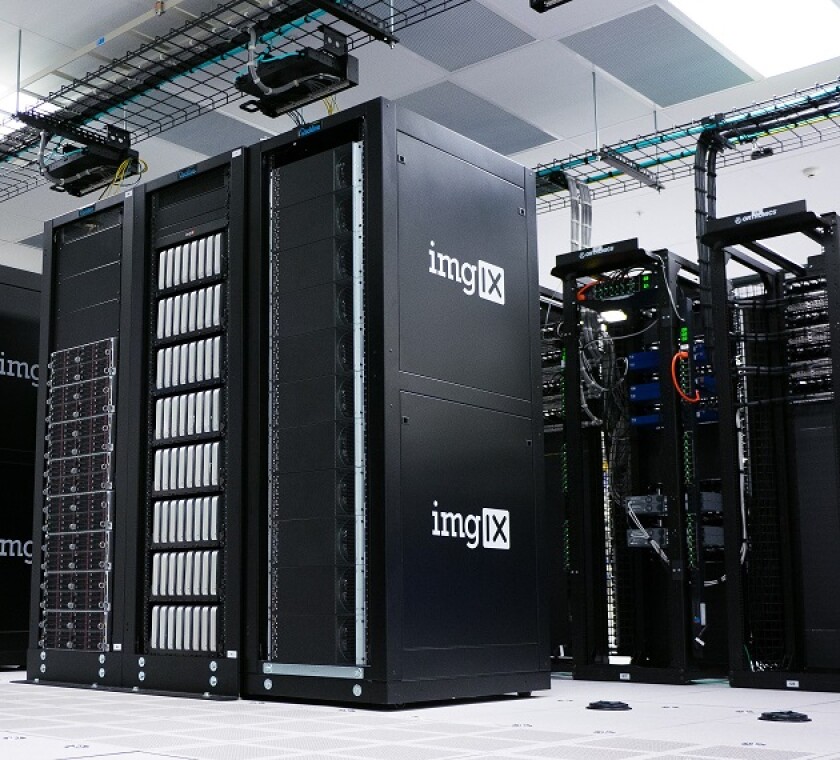Tax departments are in the midst of a digital transformation during the COVID-19 pandemic. However, the role of data is critical to a successful transition to new systems to support transfer pricing (TP) policy.
Tax professionals attending ITR’s Digital Tax Summit on September 24 expect this trend to continue. However, some companies are better placed to take advantage of digitalisation than others.
“It’s down to your data structure. If you put crap into the system, you get crap out,” said James Pennington, finance director at Traydstream.
“I’m at a scale up so I get to be the architect to what data is captured, but if you’re in a more mature company with multiple entities you’re often playing catch-up,” he added.
Data quality can make or break an enterprise resource planning (ERP) system. Taxpayers looking to overhaul their old systems should turn to data analytics and business intelligence. This is true for small-to-medium sized enterprises, as well as multinational companies.
“I would put in the same cloud-based specialist tax provider for each ERP, so we’re standardising across the ERPs and getting as much consistency as possible across the rules applied to data that business intelligence and data analytics plug into. That way, it all feeds back into the tax data,” said Pennington.
Any company with multiple ERP systems in place to manage different business lines can use business intelligence and data analytics to close the gap between those systems.
“Data analytics and business intelligence allow you to pull things together that you might not have been able to do,” said Pennington. “It might be that you’ll have business analysts or data analytics programmers on your team to help you to do that,” he told ITR.
These professionals might work independently of the tax department or as part of it, but usually in a supporting role. The human role in direct tax and transfer pricing policy is not going to be automated any time soon.
Change of pace
The COVID-19 pandemic is speeding up the trend to digitalise tax practices. Many companies were turning towards new technologies before the crisis, but the pandemic has provided greater impetus for tax teams to pursue innovation.
This is part of a broader trend that has been playing out for several years. “COVID-19 is definitely pushing digitalisation,” said Pennington.
“Demand-side shocks like COVID-19 can bring your entire TP strategy out of whack,” said one head of transfer pricing at a manufacturing company.
The company in question has expanded the role of tax technology to keep its TP strategy on track during the pandemic. Such tools cannot replace human beings, but they provide crucial support in times of crisis.
“We always hear about the unprecedented times in terms of the pace of change. This year you can add to that in terms of the changes to our business models due to trade wars, geopolitical tensions and COVID-19,” said one TP director at an electronics company.
The pandemic may be the leading factor in rising uncertainty worldwide, but it’s not the only factor. Tax directors see greater integration within businesses as the way to manage this uncertainty. This is another area where technology can play a supporting role.
“Keep talking to your business, be curious and if you make any changes make sure you document it,” said the TP director.
Although the global economy has suffered recently, companies at the cutting edge of innovation will be better placed for tax compliance.
“From a strategic point of view, business intelligence is important because it allows you to access your data,” said Pennington. “You want to improve your data anyway because it allows you stay one step ahead of regulatory requirements.”
Yet companies with legacy systems could find it difficult to move to a new system. Tax professionals have told ITR that the best transition is gradual and not rushed. It can be difficult to quickly overhaul a system and reskill individuals.
Staying ahead
As the world moves towards greater transparency, tax administrations have access to more data just as businesses do. Tax authorities are catching up with taxpayers on technology, but the playing field is still uneven due to resourcing.
“Is it being driven by tax authorities or being driven by companies? We tend to think that the tax authorities are catching up, but they are behind in terms of process,” said Pennington.
“If you look at HMRC in the UK, they’ve come very far in the last seven years,” he explained. “The German tax authorities can plug into your system and come back and ask you questions about your reports. It’s got a lot more sophisticated.”
Some taxpayers have experienced unmanageable demands from revenue services, such as submitting extra paperwork to clarify documentation in 60 days, but the threat of being caught off-guard may have pushed some companies to innovate further.
“Your data quality is going to improve your operational efficiency and you’re going to be able to better manage your transfer pricing compliance,” said Pennington.
“The more data you have, the more modelling you’ve got, the better position you’re in to manage your compliance,” he stressed.
Some businesses may fear that the tax authorities may become more aggressive as they accumulate more data. However, this is not the view of all businesses since data can be used to guarantee certain tax outcomes.
“Broadly for society, it’s a good thing but we’re in a transitional moment,” said Pennington. “It’s going to be more painful for some within that transition.”
Companies that have already begun the process of adopting new systems will fare better in the recovery from the pandemic. Others will have to move fast if they want to survive the economic downturn and maximise cash flow while minimising unexpected audits.











